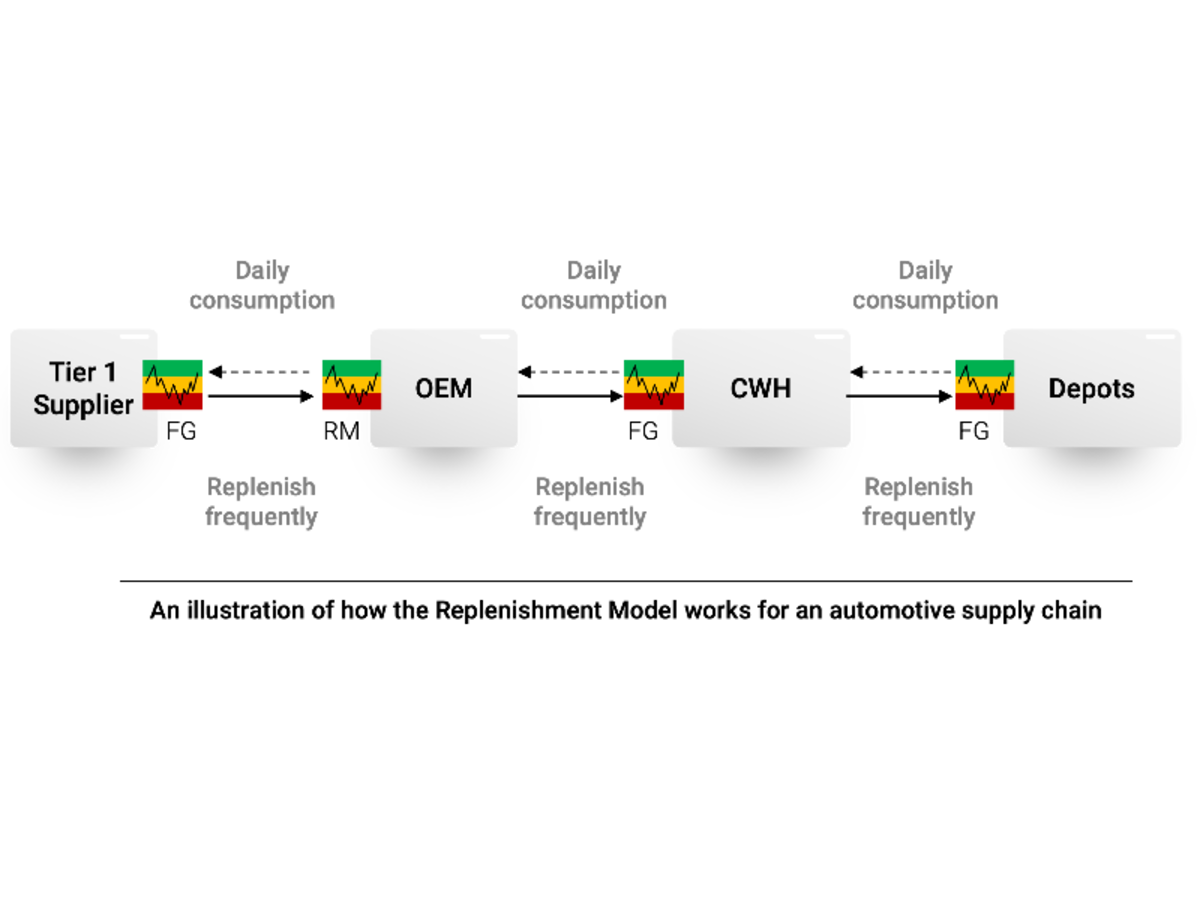The Lean Inventory Illusion: A Closer Look at India's Auto Supply Chains

Many Indian auto OEMs operate with minimal component and finished goods inventory to efficiently respond to demand changes and reduce storage costs. However, a deeper look reveals frequent shortages due to incomplete component kits. Variability in supply chains, rapid technological changes, and short product life cycles challenge JIT implementation. Better coordination between OEMs and vendors is needed to address these issues for improved efficiency.
Source: Link
FAQ: The Lean Inventory Illusion in India's Auto Supply Chains
Frequently Asked Questions
1. What is the Lean Inventory Illusion in India's auto supply chains?
The Lean Inventory Illusion refers to the perception among Original Equipment Manufacturers (OEMs) that their inventory levels are lean due to the adoption of Just-in-Time (JIT) manufacturing principles. These principles dictate that components are delivered exactly when needed for production, minimizing inventory holdup.
2. Why do OEMs consider their inventory lean?
OEMs attribute the leanness of their inventory to the implementation of JIT manufacturing principles, which aim to streamline operations, reduce waste, and increase efficiency by having components delivered as they are required in the production process.
3. Is Just-in-Time (JIT) manufacturing fully effective in India's auto industry?
While the search results do not directly address the effectiveness of JIT manufacturing in India's auto industry, the term "illusion" suggests there might be gaps or challenges in the current implementation of JIT, which could be masking underlying inventory management or supply chain issues.
4. Have there been recent developments affecting India's auto supply chains?
The search results do not specify recent developments affecting India's auto supply chains. However, factors such as changing market demand, economic fluctuations, or global events like the COVID-19 pandemic can all have a significant impact on supply chain dynamics.
5. How does the broader economic situation influence the auto supply chains in India?
The economic situation, including market trends, consumer spending, policy changes, and international trade agreements, can all influence the auto supply chains in India. The overall health of the economy can affect consumer demand for vehicles, which in turn impacts the production schedules and inventory levels in the supply chain.
Please note that the answers are based on the information available in the search results and do not reflect any new developments or nuanced insights that might be available in the full articles. For a more comprehensive understanding, please refer to the articles on The Economic Times website directly.

